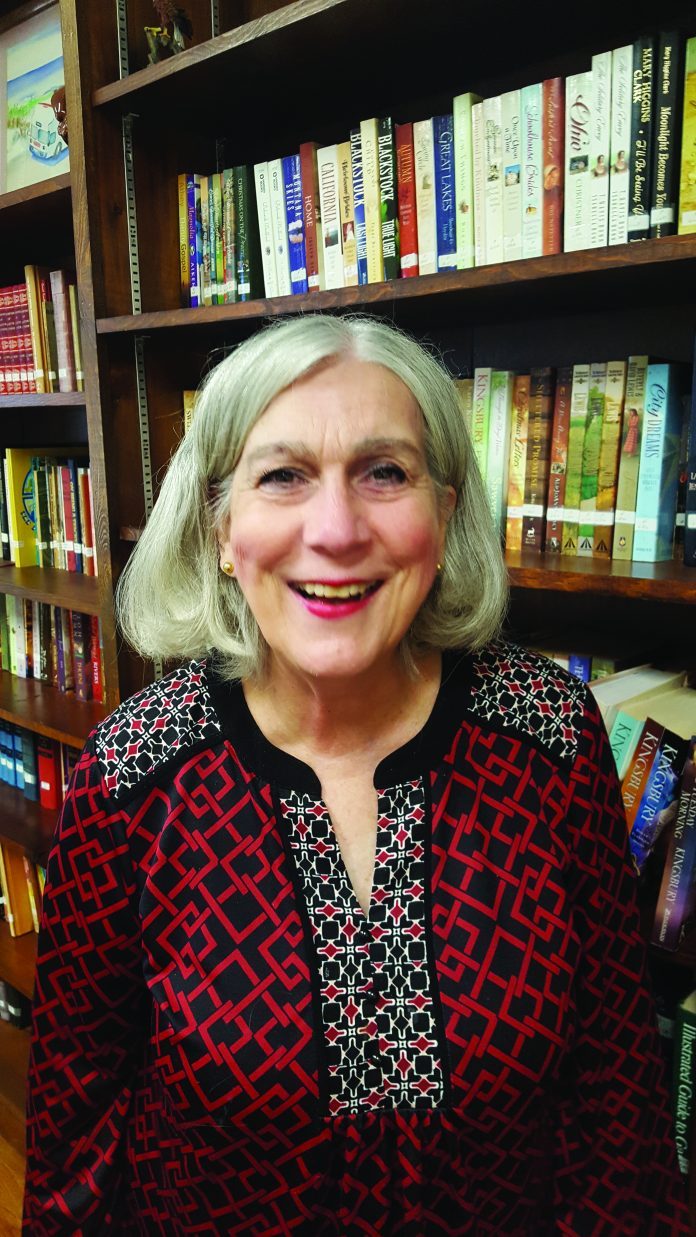By Beth Pinyerd
God created our brains with so much complexity. As an early childhood educator, I love to observe and take in the interactions between parents and their babies. What a gift and responsibility we have with this precious life God has given us.
Our brains are developed to have logic, language and communication skills, along with emotions which directly affect how a child relates to other people in social adjustment, focusing as they learn new skills, self-control and being able to feel contentment or express sadness or joy.
Early childhood from birth to age 10 is such an important time for emotional development for children. Infants scream, cry and express themselves with different facial displays and expressions in order to convey their feelings. Bonding begins the first few months for infants in forming an attachment to their primary caregiver.
Emotional stimulation in rocking, cuddling, nurturing with love and affection, lullabies, interacting or responding to an infant’s smiles and laughter build a strong bond with a young child.
I love to hear young children put words to their emotions. You know when they are angry, discouraged, afraid or happy. As parents and teachers, we have to be attentive to children’s inner feelings. We have to truly understand their moods, what is causing their emotional state by cues and clues, then responding in such a way that stimulates good emotional health and growth. For example, when a family is going through stressful times like moving to a new home, sickness in the family and loss, it is so important for a baby or young child to receive a lot more time, attention and love. This extra measure of emotional support gives your child more security and a sense of peace during stressful times.
Young children react to their caregivers’ emotions. They pay close attention to their caregivers’ facial and body expressions and tone of voice. As a children’s teacher, I realize that children coming through my classroom door have many emotions, but I know that it is important for me as a teacher to leave any stressful emotions at home, outside of my classroom when teaching young children.
Overall, there is no standard template of how we are made emotionally. We come into this world as individuals. Some children come into this world calm and cheerful most of the time; another child may be a little more fussy, needing more focused attention; some children are very mild with their emotions while others are very excited and expressive with their emotions.
Children within the same family are different. In teaching siblings from the same family, moms and dads will share with me the differences from one to another. The emotional makeup can be quite different in families, which is how God makes us.
Another very important tip for good emotional development is time spent together. As I have mentioned in previous Classroom Observer columns, time spent with your children spells love.
It’s not about material things, elaborate gifts or adventures you give a child, it’s about the focused attention and a parent gives a child that fills their emotional tank.
Physical touch is crucial for healthy emotional development. Truly, pats and hugs are needed to fill up a child’s emotional tank of needs.
As an early childhood teacher, I love to see the magic of encouragement in young children’s lives. Smiles, winks, positive words, listening and talking to children, cheering and appreciating a child for who they are and their efforts is so important.
Pinyerd has taught young children in the early childhood classroom for 34 years as well as outreaching to the elderly in intergenerational settings. She has taught and outreached in the schools in Opelika and Baldwin County. She holds a master’s degree in early childhood education as well as a bachelor’s degree in family and child development both from Auburn University. Her husband is the late Carl Pinyerd and she has one son, Gus Pinyerd who has taught her so much about learning. Classroom Observer is here to serve the community in sharing the wonderful teaching programs in our local public schools, private schools, and homeschools. The column is provided to enrich the education of our children, youth, and families. Classroom Observer welcomes educational news, school news, pictures, and events by e-mailing her at donnapinyerd@charter.net

